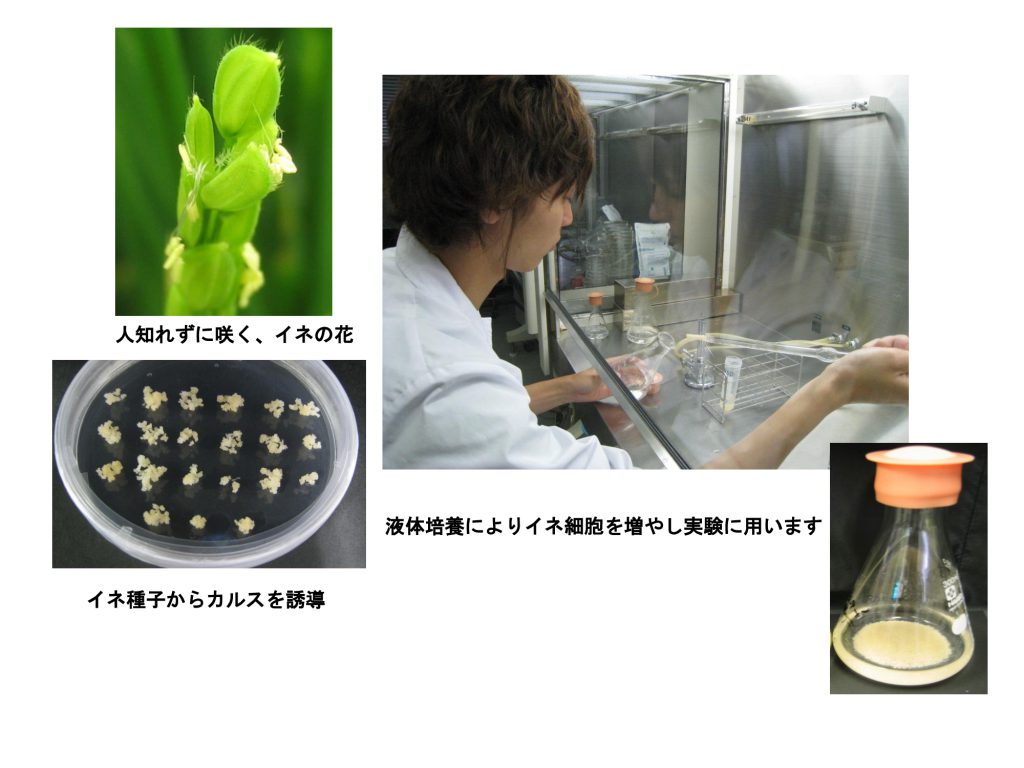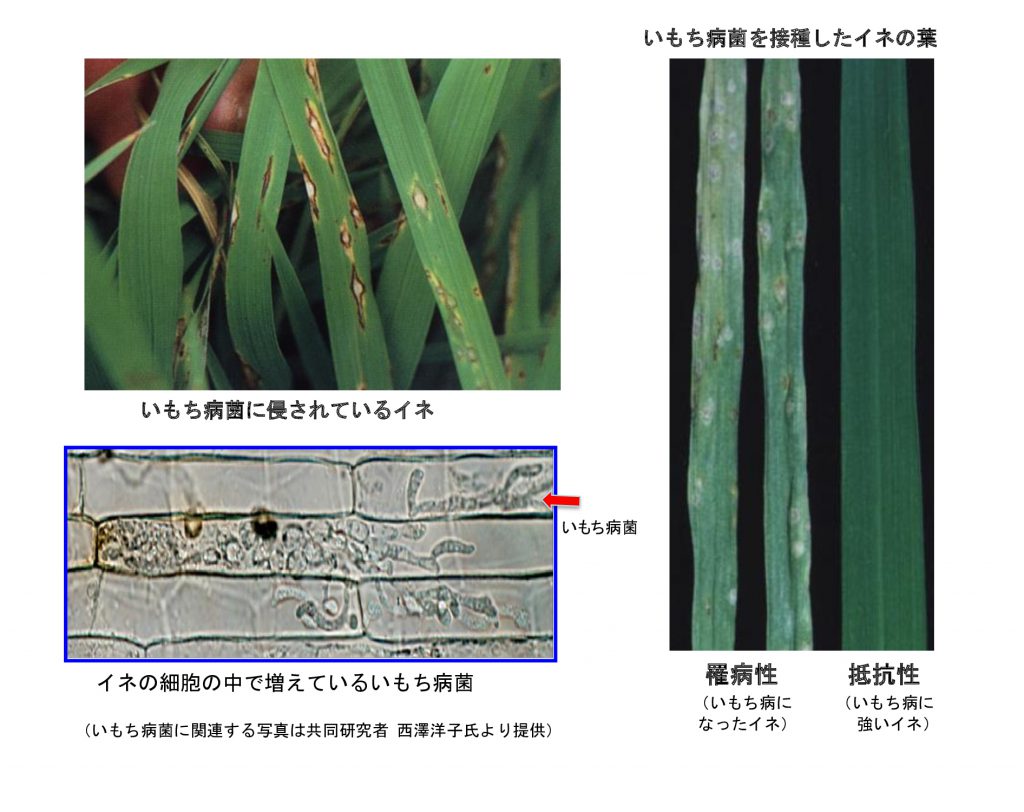Details of the Initiative
Plants have existed on the earth since long before humans appeared, and they continue to flourish today. But surprisingly, of the more than 8,000 plant pathogens out there, only a handful can seriously harm plants. It turns out that plants have the ability to protect themselves (i.e., plant immunity) by recognizing and eliminating microorganisms that contain pathogens as non-self. Our laboratory has been working on elucidating the mechanisms of plant immunity, and it has become clear that LysM receptor in the plasma membrane of rice that we discovered are involved not only in the defense response to protect the plant itself from pathogens, but also in the uptake of symbiotic microorganisms useful for plants to enhance the absorption efficiency of plant nutrients. By studying in detail the mechanisms of the plant’s opposing responses of “defense against pathogens” and “symbiosis”, it is possible to create disease-resistant crops with enhanced plant’s own immunity and reduce the burden on the global environment by reducing the use of pesticides. The research with useful symbiotic microorganisms in plants also will lead to the development of plants that can grow in poor nutrient soils and contribute to the promotion of sustainable agriculture and the solution of food problems.


